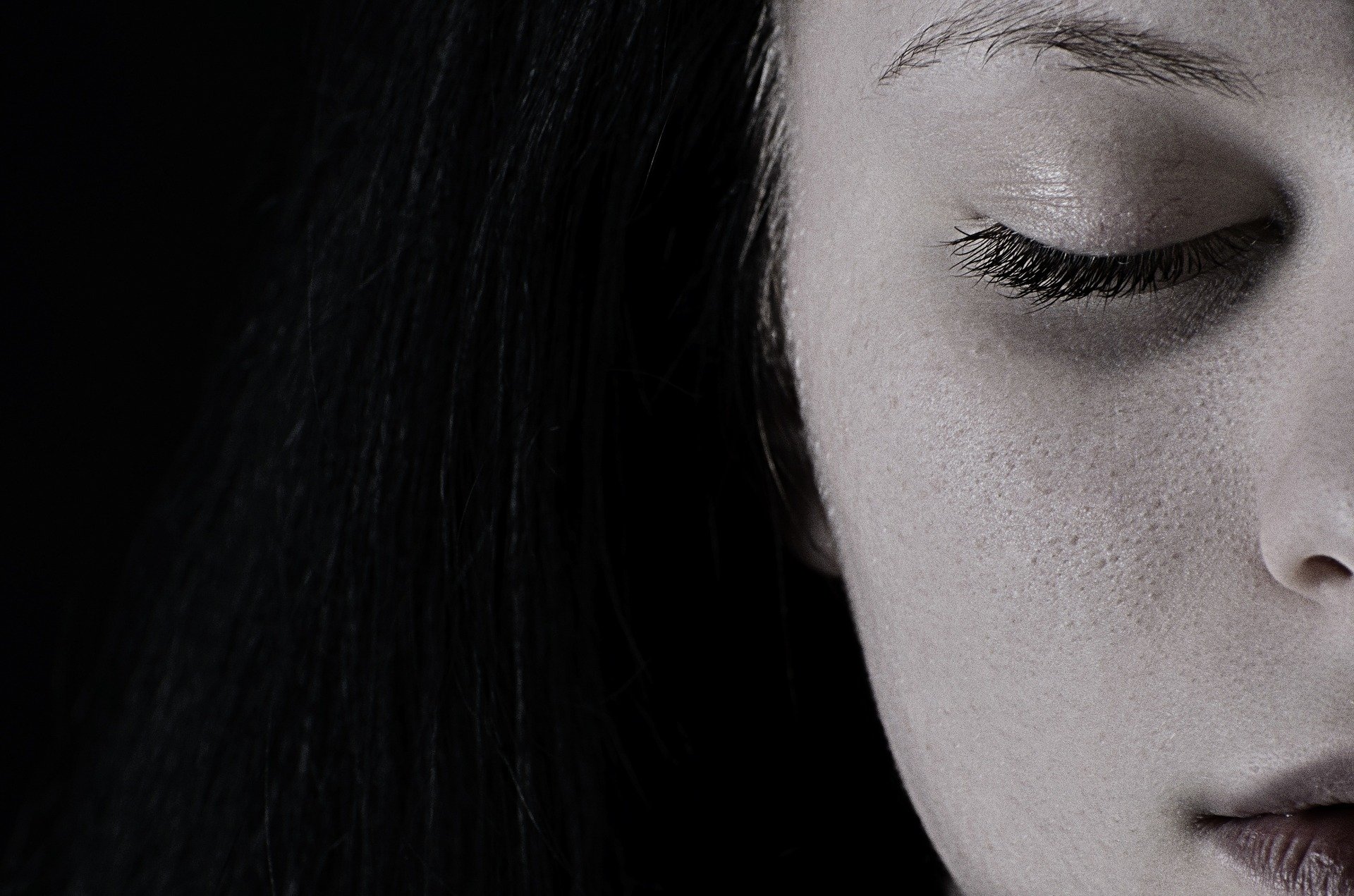Feeling Sad During Tough Times Is Not Depression

If we weren’t sad nowadays, something would be wrong.
– Rahul Luther
These are challenging times. The coronavirus pandemic continues to sweep the globe, reaching unprecedented numbers in many countries. We are now facing the grim reality that it’s not going anywhere soon. Living in the pandemic, with all its associated difficulties, many of us are feeling a bit down. So, are we sad, or are we depressed?
Dr Nishant Vemana, a psychiatrist at Hope Trust, points to the fact that there is a fundamental difference between sadness and depression. “It is normal to feel sad during current times”. He is concerned that such feelings are often misdiagnosed as “depression”.
The pandemic has brought plenty of losses into our lives, some evident and some vague. “We’ve lost our feelings of safety and security. We have also lost control of our lives. There is a loss of trust in the world as a safe place. Some of us have lost loved ones to the virus, while economic and job losses are rampant. Bankruptcy is common.
No wonder people are feeling fatigued,” Vemana explains. “A very appropriate word is ‘ennui’, it’s a kind of world-weariness. A dreary, heavy feeling. And it’s normal to feel that way, especially as the pandemic goes on, the longer our medical staff, colleagues, friends, the government fights on, with no light at the end of the tunnel”.
This overwhelming despair so many of us are feeling could be mislabelled as depression. It’s not. “This is not a clinical depression,” he explains. “It is a normal reaction to an extraordinary situation.”
This leads to a real danger: clinicians may pathologize people for what is a normal reaction to a crazy, and irrational, situation. Everything is topsy-turvy with no predictability or normalcy.
Sadness is Not Depression
“Sadness is usually an adaptive response to an adverse situation, rather than a mental illness”, says Dr Vidya Sagar, one of the psychologists at Hope Trust. “This is the crux of the issue that needs to be understood”.
Recently, Hope Trust had a client who was overwhelmed with grief after her husband’s death following a long and complicated illness. She came with a diagnosis of depression. But Sagar told her, “You are not depressed! You are sad because you lost your husband, that too after caring for him for so long”.
Depression and such labels carry the burden of mental illness. It only adds to the weight they may already be holding.
The COVID 19 pandemic triggers significant stress, not a mental illness like depression. It is associated with feeling sad and lonely. “The solution is human connection. When the person connects with a therapist, it should be more of a relationship of sharing thoughts and feelings, not diagnosing with labels. Because the stress-related emotions are normal in these abnormal times”, says Sagar.
The problem for Sagar is that “There is nothing in the DSM (the Diagnostic and Statistical Manual that outlines criteria for diagnosing mental health problems) to cover the stresses of an extraordinary life such as the pandemic. Unfortunately, sometimes people are given diagnoses for convenience.”
A Culture that Respects Control
Our culture is a culture of control and mastery. “We love winners. We don’t like losing. We like to be in control.”
Of course, such a culture does have its advantages, such as the willingness and drive to find solutions to complex problems.
But the drawback of the mastery-based culture is evident during tough times. Sometimes, something terrible happens, and it is nobody’s fault. But we always look for perpetrators – someone to blame.
We don’t like suffering in our culture. We don’t want to be around people who are suffering; we tend to move away from them. Somewhere, we believe there may be something wrong with them. We don’t like to go to neighbourhoods or places where people are suffering.”
We do the same with people who are grieving. We are so control-oriented that we tend to blame and shame people who don’t get over things soon.
Getting over grief is a process. The more you allow the person to feel the suffering, the sooner they will get over it. They will come to terms with their loss by going through the emotions. But grief is also sometimes mislabelled as depression by psychologists. It would be best if you had an intuitive therapist who can discern between sadness, grief and clinical depression.

Suffering is part of life. And sometimes we fail. We all go through it at some time during our lives but get over it. It’s certainly nothing to be ashamed of. It doesn’t mean you are weak, flawed, lazy or a “loser”.
There are times when something comes up that’s beyond our control. Like the pandemic. And that’s when Sagar believes we have to be realistic and accept that it is bigger than us and we have to do what the scientists say to take care of ourselves.
Find an Oasis of Control
The other way is to find something we can control. Some start classes in music, Yoga, meditation, or cooking. As humans, we need something with a beginning, a middle and an end. Even housekeeping projects at home can provide a sense of purpose and some relief for a while.
Finding a purpose through a project is an excellent coping strategy when everything else is out of our control.
Find a Way to Connect
So how do we manage this overwhelming sense of sadness and stress brought about by isolation and fear of the unknown? The solution is to connect with someone.
The best is perhaps to find a therapist who will be non-judgemental and adequately experienced so that there are fewer chances of a misdiagnosis.
Our therapist becomes or connection to the world, cutting through the loneliness via Zoom or Skype.
Hope Trust has several qualified, licensed and experienced therapists – clinical psychologists, psychiatrists and counsellors – who are available online or in-person to hold your hand and walk with you during these difficult times.
Call +91 90008 50001 for an appointment.